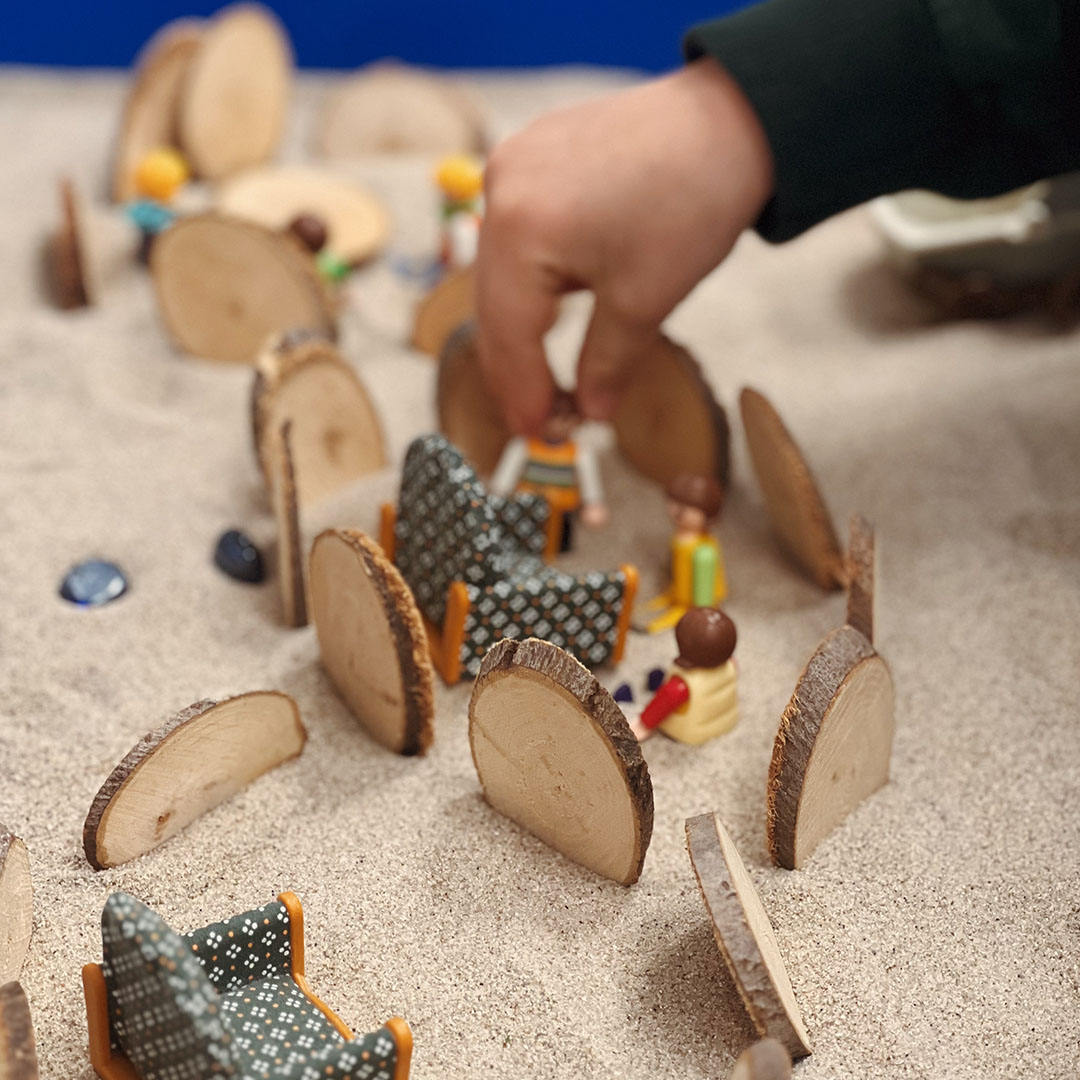As the song says: «Santa Claus is comming to town!» Another year of crossing off his wish list and wrapping packages. Few things are as magical as seeing the excitement in their eyes when they wake up on Christmas morning and see all the presents under the Christmas tree.
However, while we love to satisfy their desires, we would also like them to learn by playing. Many families have asked us for our professional opinion on this topic. That’s why we’ve dedicated a blog post to a short list of games that are both fun and help stimulate their cognitive functions.
- LINCE (Lynx): We start with an ideal game to stimulate the selective attention of the little ones of the house. It consists of a round board with images and cards on which only one image appears. The game consists of removing a card and finding the image that appears on it as quickly as possible. The first one to find it wins the round. Ideal for an afternoon with the family! (4-7 years old).
- CUBEEZ: Imagine a hybrid between Mr. Potato and a Rubik’s cube and you will get a glimpse of how Cubeez works. Each player has three cubes with different eyes and mouths. The player who can create the face on the card first wins the game. In addition to having a fun time, we will get to work a variety of cognitive functions such as visual selective attention, spatial orientation and fine motor skills.
(From 6 years old).
- JUNGLE SPEED KIDS: The children’s version of this classic board game is perfect to stimulate the reflexes and visual memory of the little ones. The objective of the game is to remember the position of the animal cards in order to form as many pairs as possible and save them from the lion’s claws. The winner is the player who has managed to turn over the most pairs. Another interesting aspect of this game is that it will allow us to work on behavioral inhibition, since when a player picks up two cards and they do not have the same animal, he/she cannot participate in the game until it is his/her turn again. (From 5 years old).
- CONCEPT KIDS: This game is, without a doubt, one of the most recommended for working on concept formation and abstract reasoning. The objective is to get the rest of the players to guess an animal by pointing out the icons that appear on the board. One of its main advantages is that it does not require the use of verbal language or the learning of reading. Therefore, it is ideal for children from 4 years old.
- ANIMAL ON ANIMAL: A version of the classic Jenga adapted for children, which will test their concentration and visuospatial skills. It is one of those basics that never goes out of fashion, getting the whole family. (From 4 years old).
Board games are a wonderful way to spend quality time with our children, because what they will remember when they grow up is not that fascinating toy Santa brought them, but all those special moments we spent as a family.
Written by Alba Ferrero.



